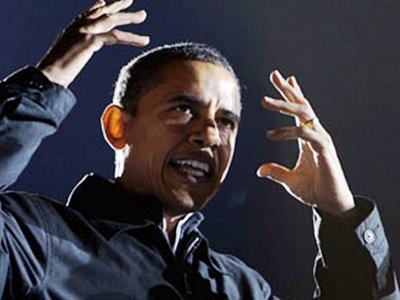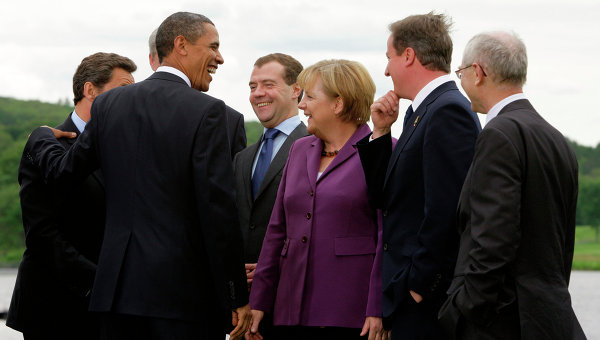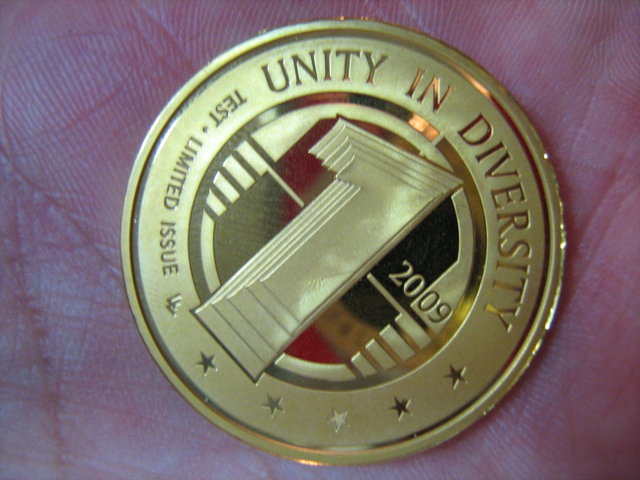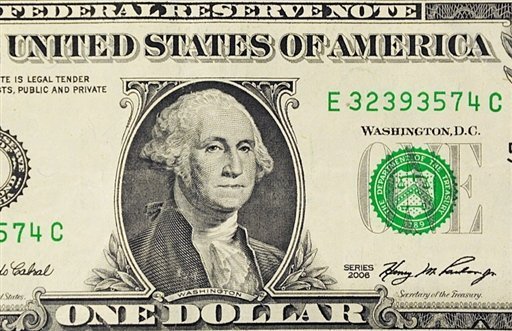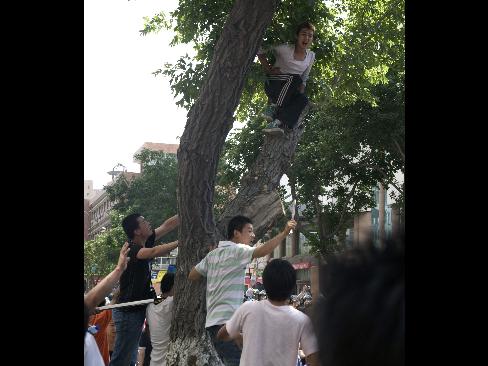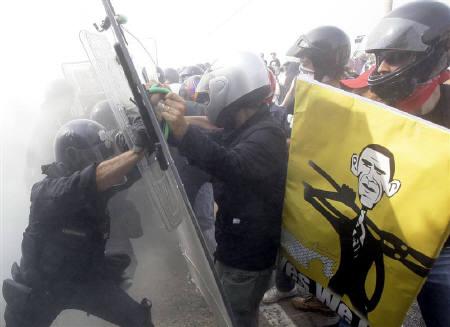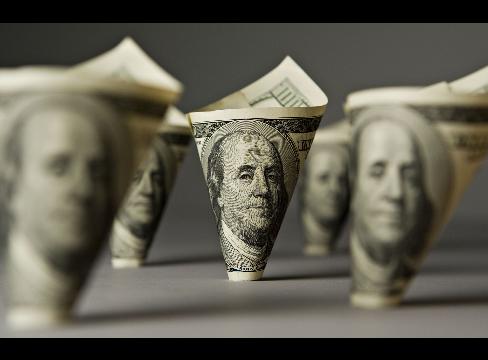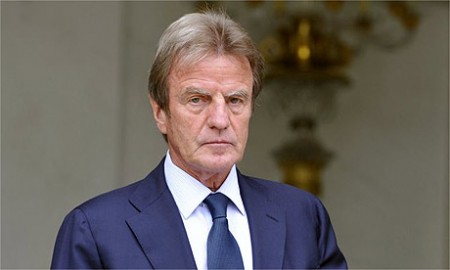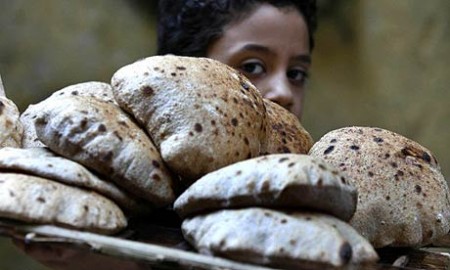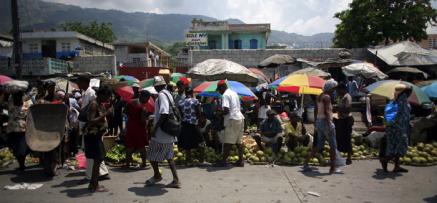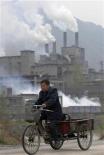• UN sounds warning after 30m hectares bought up
• G8 leaders to discuss ‘neo-colonialism’
The acquisition of farmland from the world’s poor by rich countries and international corporations is accelerating at an alarming rate, with an area half the size of Europe’s farmland targeted in the last six months, reports from UN officials and agriculture experts say.
New reports from the UN and analysts in India, Washington and London estimate that at least 30m hectares is being acquired to grow food for countries such as China and the Gulf states who cannot produce enough for their populations. According to the UN, the trend is accelerating and could severely impair the ability of poor countries to feed themselves.
Today it emerged that world leaders are to discuss what is being described as “land grabbing” or “neo-colonialism” at the G8 meeting next week. A spokesman for Japan’s ministry of foreign affairs confirmed that it would raise the issue: “We feel there should be a code of conduct for investment in farmland that will be a win-win situation for both producing and consuming countries,” he said.
Olivier De Schutter, special envoy for food at the UN Office of the High Commissioner for Human Rights, said: “[The trend] is accelerating quickly. All countries observe each other and when one sees others buying land it does the same.”
The UN’s food and agricultural organisation and other analysts estimate that nearly 20m hectares (50m acres) of farmland – an area roughly half the size of all arable land in Europe – has been sold or has been negotiated for sale or lease in the last six months. Around 10m hectares was bought last year. The land grab is being blamed on wealthy countries with concerns about food security.
Some of the largest deals include South Korea’s acquisition of 700,000ha in Sudan, and Saudi Arabia’s purchase of 500,000ha in Tanzania. The Democratic Republic of the Congo expects to shortly conclude an 8m-hectare deal with a group of South African businesses to grow maize and soya beans as well as poultry and dairy farming.
India has lent money to 80 companies to buy 350,000ha in Africa. At least six countries are known to have bought large landholdings in Sudan, one of the least food-secure countries in the world.
Other countries that have acquired land in the last year include the Gulf states, Sweden, China and Libya. Those targeted include not only fertile countries such as Brazil, Russia and Ukraine, but also poor countries like Cameroon, Ethiopia, Madagascar, and Zambia.
De Schutter said that after the food crisis of 2008, many countries found food imports hit their balance of payments, “so now they want to insure themselves”.
“This is speculation, betting on future prices. What we see now is that countries have lost trust in the international market. We know volatility will increase in the next few years. Land prices will continue to rise. Many deals are even now being negotiated. Not all are complete yet.”
Read moreThe silent war: The rich countries and corporations grab land to grow food from the world’s poor countries
